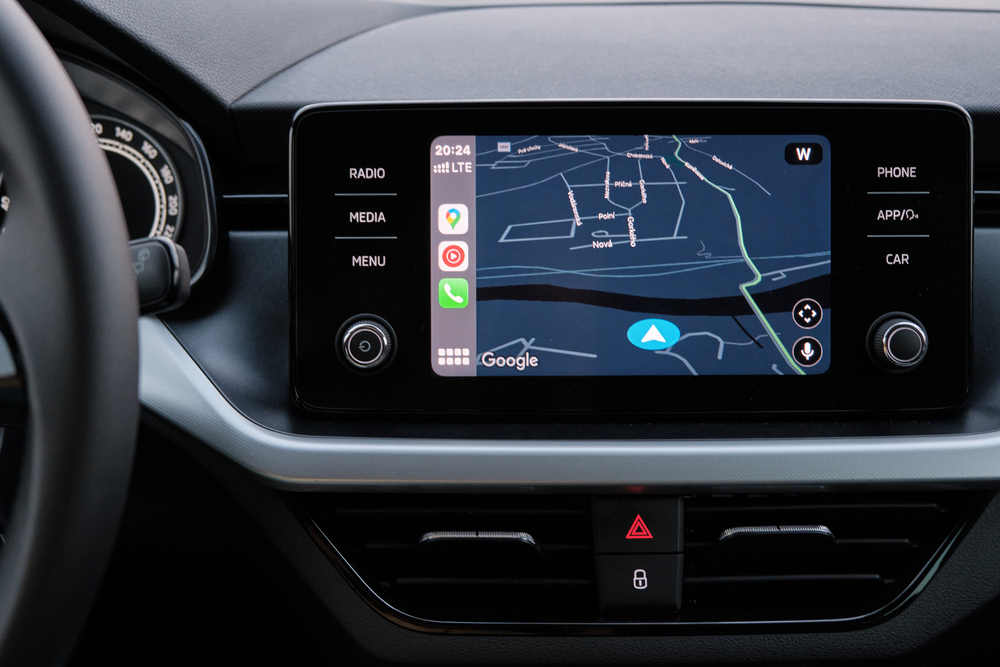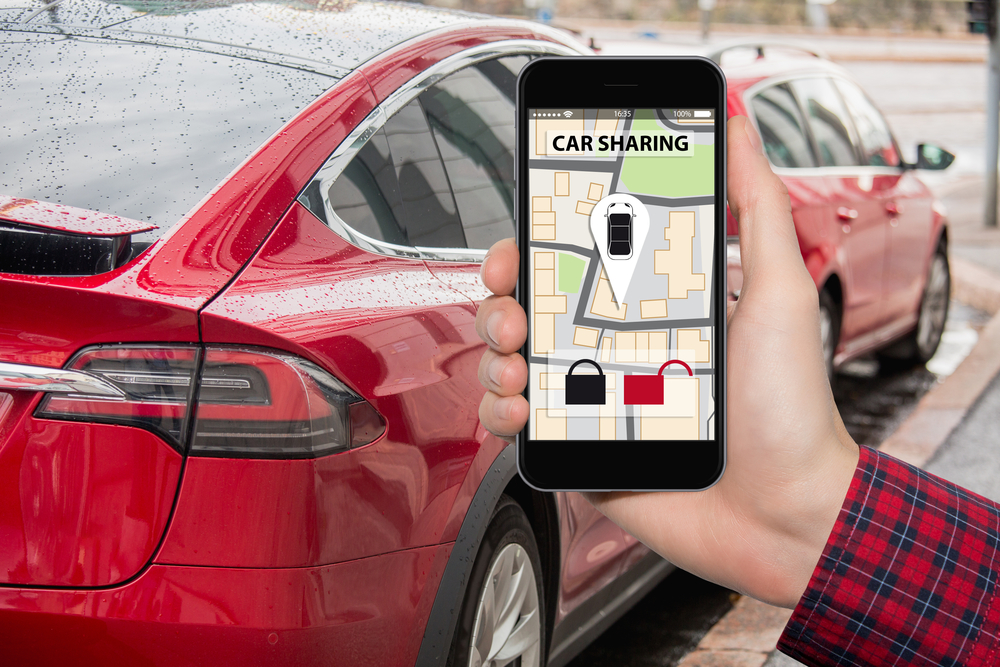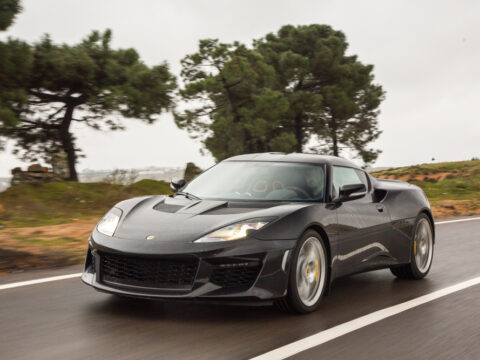In an era marked by rapid urbanization, environmental consciousness, and a dynamic shift towards digitization and shared economy, the traditional notion of car ownership is being challenged by a burgeoning trend – car sharing. In the spirit of the saying, ‘Sharing is Caring,’ more and more people are embracing car sharing as a smart, sustainable, and cost-effective means of transportation.
Contents
Cost Efficiency

Car sharing provides considerable cost savings compared to individual car ownership. According to AAA, the average cost of owning and operating a car can range from $6000-$10,000 per year. Car sharing services generally include expenses such as fuel, insurance, and maintenance, and users only pay for the time they use the vehicle, not for the time it is parked or idle. This pay-per-use system reduces the overall transportation costs for many individuals, making car sharing an attractive option for cost-conscious consumers.
Convenience

Car sharing services offer vehicles in strategic locations throughout urban areas, making it easy to pick up a vehicle when needed. This convenience is further bolstered by mobile apps that offer real-time vehicle availability, location tracking, and easy booking. As such, car sharing is not only convenient but also matches the fast-paced lifestyle of the modern urban dweller.
Urbanization and Population Density

Rapid urbanization and increasing population density, especially in large cities, have increased car sharing demand. With limited parking spaces and high costs associated with owning a car in a city (parking fees, insurance, etc.), more urban dwellers opt for car sharing. According to Statista, as of 2021, the global car sharing market was valued at approximately $2.5 billion, and it is expected to reach $6.5 billion by 2025, reflecting this growing trend.
Environmental Concerns

As awareness of climate change grows, more individuals seek ways to reduce their carbon footprint. According to the Transportation Sustainability Research Center, each shared vehicle can replace up to 11 privately owned vehicles, thus reducing the number of cars on the road and the associated emissions. Car sharing services also often include hybrids or electric vehicles in their fleet, offering a greener alternative to traditional car ownership.
Changing Attitudes Toward Car Ownership

There’s a shifting cultural attitude, especially among millennials and Gen Z, who see car ownership more as a burden than a status symbol. According to a 2020 Journal of Transport Geography study, younger generations are less likely to own cars and more likely to use car-sharing services, citing factors such as cost, convenience, and environmental impact.
Technological Advancements

The rise of digital platforms and mobile technologies have made it easier than ever to implement and use car sharing services. GPS technology, online payment systems, and smartphone apps have made booking, locating, and accessing shared cars a seamless process, thus boosting the popularity of car sharing.
Increasing Traffic Congestion

Traffic congestion in major cities worldwide is another factor contributing to the growth of car sharing. The Texas A&M Transportation Institute reported that the average American commuter wasted 54 extra hours a year in traffic delays in 2020. Car sharing can help alleviate traffic congestion by reducing the number of cars on the road.
Flexibility

Car sharing offers the flexibility of choosing different types of vehicles for different occasions. For example, you could use a small, efficient car for your daily commute and switch to a larger vehicle for a family road trip. This flexibility is not available with personal car ownership and is a significant draw for many users.
Reduced Maintenance Hassles

With car sharing, users don’t have to worry about the regular maintenance, insurance, and repairs that come with owning a car. These responsibilities fall on the car-sharing provider, removing a significant burden from the user and adding to the appeal of these services.
Expansion of Sharing Economy

The overall growth of the sharing economy has played a part in the popularity of car sharing. As seen with successful companies like Airbnb and Uber, consumers are more comfortable than ever with the idea of sharing resources, especially when it can save them money and offer more flexibility. According to a PwC report, the sharing economy could reach a global revenue of $335 billion by 2025. As part of this trend, car sharing has become a mainstream option for urban transportation, offering a practical solution to many of the challenges of modern urban mobility.
This article originally appeared on MyCarMakesNoise.
More from MyCarMakesNoise
15 Touring Motorcycles with the Best Fuel Efficiency for Long Journeys

Embarking on long motorcycle journeys requires a bike that combines robust performance with excellent fuel efficiency. This selection of touring motorcycles is known for their ability to cover vast distances with fewer fuel stops. Read More.
10 Unusual Road Rules You`ll Encounter Internationally

The world’s highways are littered with peculiar and often surprising regulations, from banned car colors to unusual restrictions on eating and drinking while driving. In this article, we’ll take you on a journey through the world’s weirdest car laws, revealing ten astonishing things you can’t do on the road. Read More.
The 10 Most Luxurious Airports in the U.S.

In the vast realm of U.S. air travel, not all airports are created equal. From state-of-the-art amenities to unparalleled passenger experiences, some hubs truly stand head and wings above the rest. Read More.














